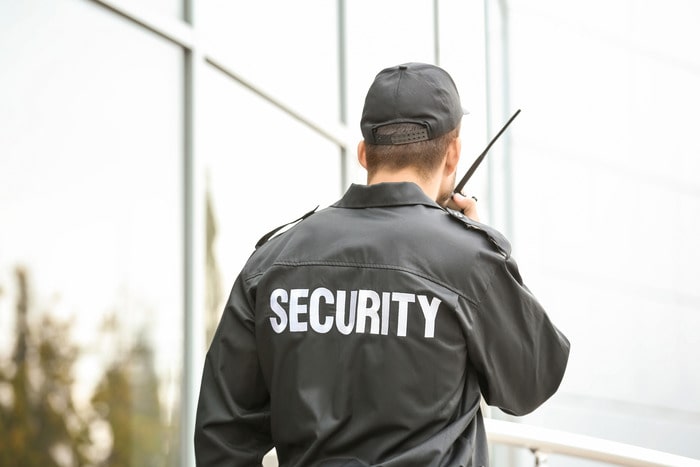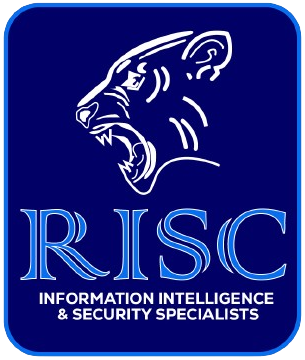
How Security Guards Handle Emergency Situations
In an emergency, the actions taken in the first few moments can be crucial in ensuring safety and minimizing damage. Security guards are often the first responders in such situations, whether it’s a medical emergency, a fire, a security breach, or any other crisis. Their training, quick thinking, and ability to remain calm under pressure are vital in managing these emergencies effectively. In this blog post, we delve into the various types of emergencies security guards may encounter and the steps they take to handle these situations proficiently.
1. Medical Emergencies
Rapid Assessment and Response Security guards are trained to quickly assess medical emergencies and determine the severity of the situation. Their first step is to ensure their safety and the safety of others before approaching the individual in distress.
First Aid and CPR Many security guards are certified in first aid and CPR. In a medical emergency, they can provide immediate assistance, such as controlling bleeding, performing CPR, or using an automated external defibrillator (AED) if available. Their quick intervention can be life-saving while waiting for professional medical services to arrive.
Coordinating with Emergency Services Security guards promptly contact emergency medical services (EMS) and provide detailed information about the condition of the patient and the exact location of the incident. This information helps EMS prepare and respond more efficiently upon arrival.
2. Fire Emergencies
Alerting Authorities and Residents Upon detecting a fire, security guards activate the fire alarm system to alert all residents or occupants. They immediately contact the fire department, providing them with critical details about the location and extent of the fire.
Evacuation Procedures Security guards play a crucial role in guiding residents to safety. They are trained in evacuation procedures and know the layout of the premises, including emergency exits. Guards assist in evacuating the building, ensuring that everyone follows the designated evacuation routes and preventing panic.
Firefighting Efforts If trained and equipped, security guards may use fire extinguishers to control small fires before they escalate. Their primary goal is to contain the fire and prevent it from spreading until the fire department arrives.
3. Security Breaches
Identifying and Assessing the Threat In the event of a security breach, such as an unauthorized entry or suspicious activity, security guards quickly assess the threat level. They use surveillance systems and conduct physical checks to determine the nature and extent of the breach.
Immediate Action and Containment Security guards take immediate action to contain the threat. This may involve locking down certain areas, apprehending the intruder if it’s safe to do so, or preventing access to sensitive areas. Their priority is to neutralize the threat and protect residents and property.
Liaison with Law Enforcement Guards promptly notify local law enforcement, providing detailed descriptions and any evidence they’ve gathered. They assist police officers upon arrival, ensuring a coordinated effort to resolve the security breach.
4. Natural Disasters
Preparation and Risk Assessment Security guards are trained to handle natural disasters like earthquakes, floods, and severe weather. They conduct risk assessments and prepare emergency plans, including designated safe zones and evacuation routes.
Real-Time Response During a natural disaster, security guards provide real-time updates to residents and coordinate evacuation procedures if necessary. They ensure that vulnerable individuals, such as the elderly or those with disabilities, receive the assistance they need.
Post-Disaster Support After the immediate threat has passed, security guards assist with post-disaster recovery efforts. This includes providing first aid, coordinating with emergency services, and helping residents return to their homes safely.
5. Handling Violent Incidents
De-escalation Techniques Security guards are trained in de-escalation techniques to manage violent situations without the use of force. They use communication skills to calm individuals and defuse potentially volatile situations.
Use of Force If necessary, security guards are authorized to use appropriate levels of force to protect themselves and others. Their training ensures they can make quick, informed decisions about when and how to use force effectively.
Documentation and Reporting After resolving a violent incident, security guards document the event thoroughly. Accurate reporting helps with any subsequent investigations and ensures accountability.
Conclusion
Security guards play a vital role in managing emergencies, utilizing their training, experience, and quick thinking to ensure the safety and security of everyone involved. Their ability to respond effectively to a wide range of emergencies—medical incidents, fires, security breaches, natural disasters, and violent situations—demonstrates their invaluable contribution to maintaining a safe and secure environment. By understanding how security guards handle emergency situations, we can better appreciate the critical support they provide in times of crisis.


